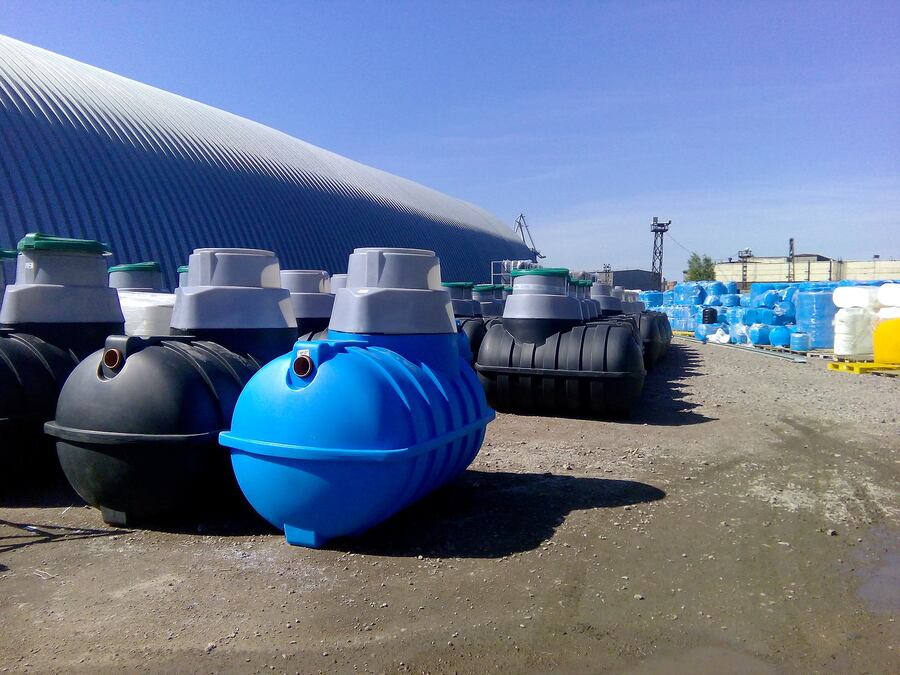
Septic tanks are an essential component of wastewater management systems, particularly in areas not connected to municipal sewage lines. These underground structures are designed to treat and dispose of household wastewater effectively. When it comes to septic tank installation, repair, or maintenance, the choice of materials plays a crucial role in the tank's longevity and efficiency.
Concrete septic tanks have been a popular choice for decades due to their durability and longevity. These tanks are typically constructed on-site, which allows for customization according to the specific needs of the property. Concrete tanks can withstand heavy loads and are resistant to damage from the soil and groundwater.
Fiberglass septic tanks are lightweight and easy to transport, making them a popular choice for septic tank installation. They are constructed from fiberglass-reinforced plastic, offering excellent corrosion resistance.
Vulnerable to damage from heavy loads: They may not be the best choice for areas with significant traffic.
Plastic septic tanks are another lightweight option with excellent resistance to corrosion. These tanks are often made from high-density polyethylene (HDPE), which is a durable and cost-effective material.
Steel septic tanks are less common but can be a viable choice in certain situations. These tanks are made from steel that is coated or lined to prevent corrosion.
Aerobic Treatment Units, while not a material in the traditional sense, are worth mentioning due to their increasing popularity in modern septic systems. ATUs use mechanical components and aerobic bacteria to treat wastewater more efficiently than traditional septic tanks. They can be made from various materials, including concrete, fiberglass, or plastic.
Selecting the right material for your septic tank is a crucial decision that impacts its lifespan, maintenance requirements, and overall effectiveness in wastewater treatment. Each material has its advantages and drawbacks, so it's essential to consider your specific needs, budget, and the environmental conditions of your property. Whether you're in need of septic tank pumping, septic tank repair, or septic tank installation, consulting with a professional septic company like Rooter Septic Services can help you make an informed decision and ensure that your septic system operates efficiently for years to come.